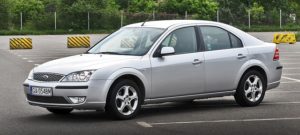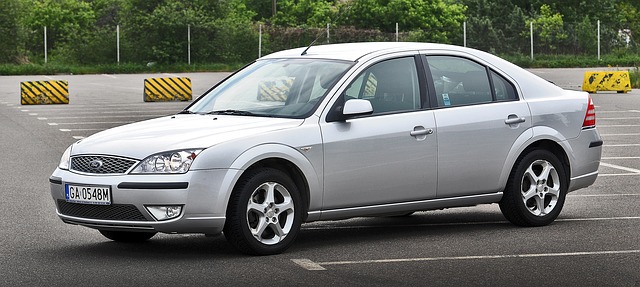
Cars are usually proved to be expensive purchases. Apart from the fact that you are already paying the very high sticker price, you also have the additional taxes, high registration fees and the crazy dealer fees. While it feels great on the outside when a sparkling, brand new car arrives to your doorstep, but it may not feel so great on your pockets. So used cars may be better bargains after all- you can buy a 2007 Porsche for a 2011 Honda’s price; even though the used car will depreciate too, the depreciating rates would be lower; new cars are often subjected to state sales tax, but that may not be the same case with used cars; registration fees is based on the car’s condition and model number, so you may save a huge chunk of money here too; when you buy for a used car, you can get the features you want and not pay for additional options, like a protective film or anti-rust coating or something else you didn’t even ask for. But to get a car in a reliable and excellent overall condition, you may have to do some homework on your own:
Finding the right car: Before you start looking for “THE” car, you need to sit down and make a list of features you absolutely need in the car. Is it for long drives or short city motorways? Petrol or diesel? Do you need a big car to fit 10 people or it is just you and your wife on long drives? Do you care about the environment-eco friendly car or not?
- If budget is your top priority, you may want to settle with a small car, since small engines prove to be cheaper and a larger engine demands more fuel. Also smaller cars are easier to insure. Cars are placed on a ranking of 1 to 50, based on a range of information, including performance, price of the newer model, costs of spare parts and the size of the car. So before you finalize your car, you may want to check the insurance group rating of the model you have in mind. While smaller cars are apt for small pootles around the town, but if you drive it at a high speed, you may wear it down.
- Also, petrol cars are cheaper than diesel cars- Yesss! Even though diesel engines are cheaper, they will cost more at the petrol pump. Fuel economy is rather an important aspect!
- You may also want to check the CO2 emissions, because if you have a polluting car, you will have to pay heavy road tax. Choose a car that produces less than 100g of CO2/km and you’ll pay nothing at all.
- Manual cars are cheaper than the automatic ones- switching gears is a little extra job, but sure is cheaper. But the automatic ones prove to be more fuel efficient than the manual cars.
How much will it cost me?
You need to calculate the upfront costs and the finance repayments (if you up for any car loans or if you choose to refer to a dealer). Also include all the fuel costs, insurance amounts, taxes, MOTs, servicing costs, parking permits and other additional spending that may occur (for example new tires and repairs).
Check as many dealerships as possible, and go in for the best deal. Bargain as hard as possible. If the dealer isn’t budging, you may ask for extra add-ons, a floor mat or something you need, and don’t have to pay extra for it.
Inspect the car:
Check the car’s mileage. Look for dents, scratches, the overall condition. Check for any gap between the body panels after a crash damage. Check the oil, the engine, and the types. You may also want your mechanic to have a look before you take it for a test drive.
Final Paperwork:
Before you make the payment, make sure the following documents and other things are given to you- Logbook, servicing booklet, manuals, spares, sales contract, replacement keys, etc.
Inspect the owner as well, not just the car. Don’t give into impulse, and wait for the right deal, at the right time of the year.

Leave a Reply